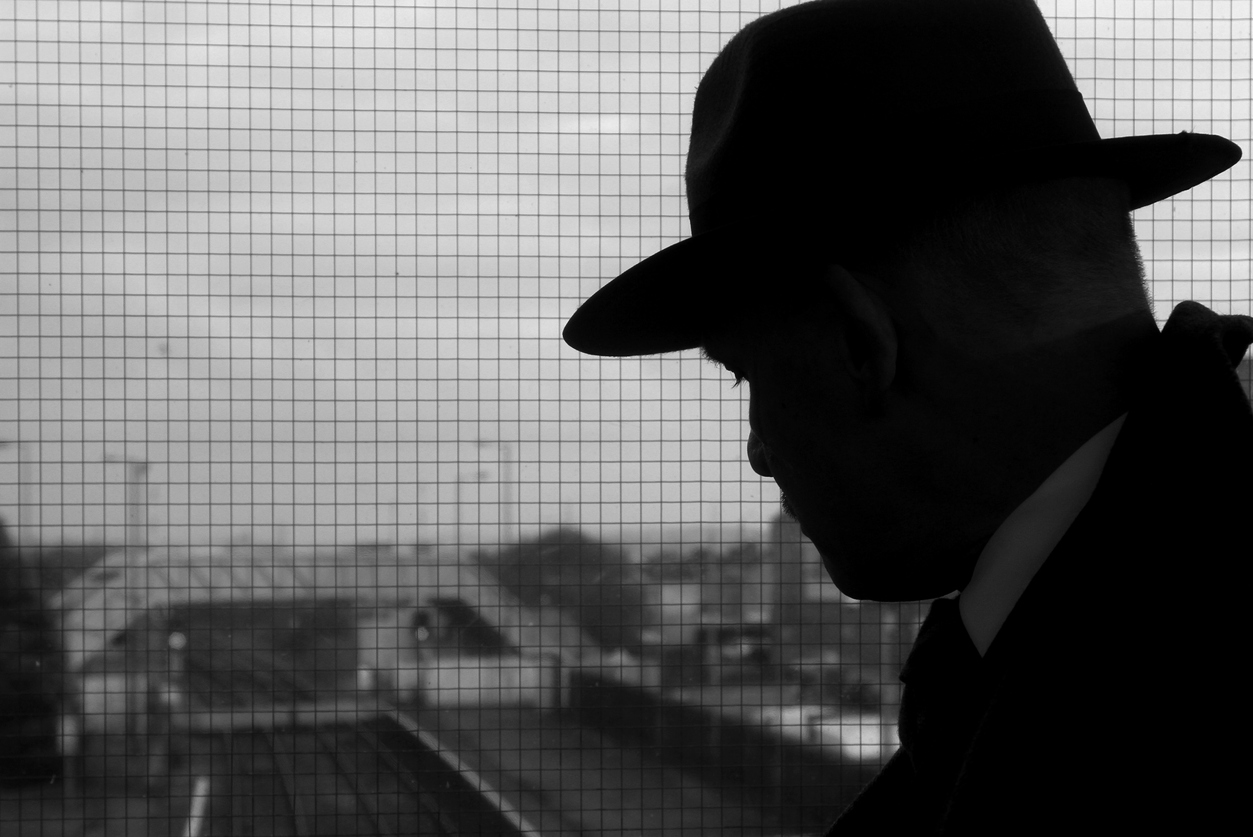
November 21, 2017, by Charlotte Anscombe
MI6’s Secret Slush Fund
When the Chief of MI6 retired in 1952 he left a bombshell of an inheritance.
General Sir Stewart Menzies had been Chief of MI6 since 1939. Having guided the service through the Second World War, he was exceptionally experienced and at the pinnacle of British intelligence. He agreed to stay on to oversee the difficult transition from hot to Cold War, in which MI6 played a key role spying on Britain’s adversaries and using covert operations to protect Britain’s interests.
By summer 1952, Menzies was ready to retire to his twin pursuits of horseracing and shooting.
He called a meeting with senior diplomats; Menzies had a confession to make. During the war, he had acquired a secret and entirely unofficial fund. This came not from the Exchequer but from subscriptions by well-wishers of SIS, including a particularly large sum from an unnamed American. He claimed it totalled £800,000. And nobody knew about it.
The bean counters and bureaucrats were aghast. The idea of MI6, tasked with covertly shaping events, having a secret slush fund horrified them. It could have allowed the Chief to launch his own secret policy and subvert the government. More immediately, it prevented democratic accountability and gave intelligence officers a free hand to run amok.
The bureaucrats were even more aghast to discover that the slush fund actually totalled nearly £1.4 million, almost double Menzies’ admission.
Dr Rory Cormac, from the School of Politics and International Relations, discovered the remarkable files when researching his latest book, Disrupt and Deny: Spies, Special Forces, and the Secret Pursuit of British Foreign Policy. He and the Radio 4 Document team have traced the full story for an extraordinary documentary.
They reveal that the bureaucrats kept knowledge of this fund to as small a circle as possible. The Prime Minister had no idea. Even the Financial Director of MI6 itself had no idea.
What did MI6 spend the money on? The secret slush fund enabled covert action. MI6 spent a great deal of money bribing and blackmailing targets across the turbulent Middle East in the mid-1950s. They sponsored a coup in Iran in 1953 and, buoyed by the success, sought to overthrow governments in Egypt, Yemen, Syria, and Saudi Arabia in the following years. With Britain’s finances notoriously slim, the slush fund provided the necessary flexibility to act.
Eventually MI6 amalgamated the slush fund with other reserves, including gold and deutschmarks, in the late 1950s. By this time, covert operations had become a more routine part of British foreign policy. Whilst ambitious schemes to overthrow foreign governments are a thing of the past, MI6 still uses covert operations to shape events around the world today.
‘MI6’s Secret Slush Fund’ will be broadcast on Radio 4 at 8pm on 20 November 2017
Disrupt and Deny: Spies, Special Forces and the Secret Pursuit of British Foreign Policy is published by Oxford University Press in May 2018.
Rory Cormac is an Associate Professor at the University of Nottingham. Follow him on Twittter: @rorycormac
No comments yet, fill out a comment to be the first

Leave a Reply